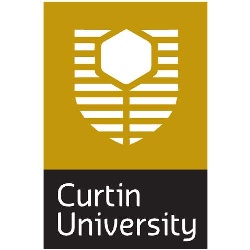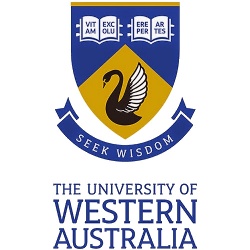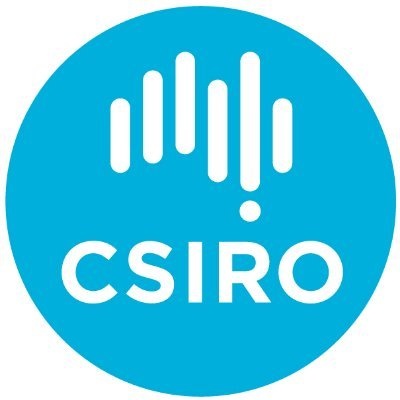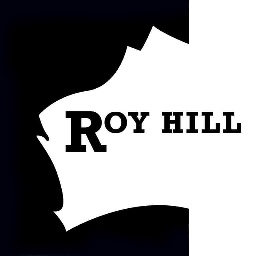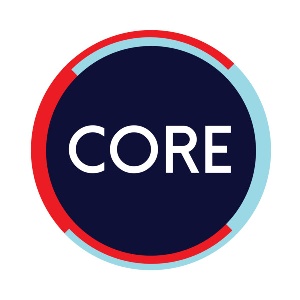In 2002 Prof Tele Tan pioneered the approach of using image synthesis techniques to improve the performance of face recognition systems. This approach makes it possible for face recognition systems to be deployed in outdoor and uncontrolled environment while still maintaining high accuracy performance and low error rate. In 2009, Tele founded the Studio for Experiential Sensing and Virtual Environment (SESVE) at Curtin University. The studio is now used as a platform to foster research in human factors studies associated with various forms of visual analytics.
Tele’s primary research interest is in pattern recognition. He applies it to solve problems in computer vision, surveillance, and neurological signal (e.g. EEG) analysis.
His research interests include in bio-signals (EEG, Eye Tracking, motion sensor and etc.) inspired human factors research in the following areas;
• Workflow related decision support.
• Software code inspection profiling.
• Brain Computer Interfaces (BCIs),
• Study into visual and audio stimuli responses for individuals with neurological disorders.
• Movement rehabilitation via active bio-feedback.
• Any other areas where bio-signals can be positively applied.
There is no content with the specified labels
There is no content with the specified labels
There is no content with the specified labels
There is no content with the specified labels
